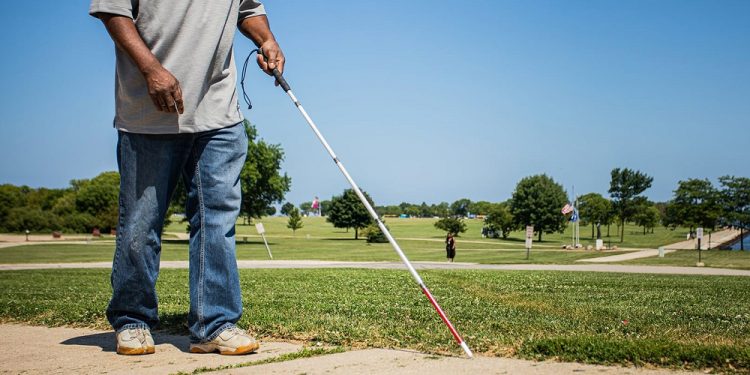
White Cane Safety Day
White Cane Safety Day—sometimes known simply as National White Cane Safety Day—is a holiday observed around the world on October 15th annually. This holiday aims to celebrate the achievements of people who are visually impaired or blind.
The white cane is symbolic of independence, and it’s this symbolism that elevates it to more than just a tool. Although technology plays an ever-increasing role in helping blind people gain independence, it appears that the white cane will remain an important tool in the foreseeable future.
The History of White Cane Safety Day
White Cane Safety Day began in the 1960s. This is when the National Federation of the Blind started fighting for the rights of blind people and developing training programs that used the white cane. They then asked the U.S. Congress to adopt a joint resolution designating October 15th as White Cane Safety Day.
It was a holiday established to recognize the importance of white canes for blind people who want to travel safely and retain their independence. The white cane is a tool that blind and visually impaired people can use to navigate their environment, and its bright white color makes it instantly noticeable to other pedestrians and drivers.
The white cane has since become a symbol that emphasizes the independence of blind people and their need for equality so that they can lead their best lives. It’s also the reason why the name of this holiday has been shifting away from White Cane Safety Day and is more often known now as White Cane Awareness Day.
The History of the White Cane
People have used canes and staffs for traveling since ancient times. Carrying a staff can help with balance, especially when carrying a heavy load, and it also helps the walker maintain a steady walking rhythm. Another advantage of carrying a staff is that it could be used to defend oneself against wild animals.
Even going back to biblical times, canes were used by the blind to alert them to obstacles that might be in their path. It essentially extended the reach of the person and allowed them to discover holes, rocks, or other obstacles that might exist ahead of them. That allows them to travel faster and more confidently.
Although staves and canes have existed for thousands of years, it wasn’t until 1921 that the white cane was invented. It was invented by James Biggs of Bristol after he lost his sight. Worried that his stick might not be visible to traffic, he decided to paint it white to make it more visible. Eventually, the white cane caught on, and by the 1930s, a campaign was started advocating that blind or visually impaired people use it for traveling. It has been a symbol of independence, safety, and freedom ever since.
Observing White Cane Safety Day
On this day, members of the National Federation of the Blind conduct activities in their local neighborhoods that include events such as social gatherings or white cane walks. It’s a good day for local chapters of the NFB to spread the word about this holiday using the hashtags #WhiteCaneAwarenessDay or #WhiteCaneSafetyDay.








